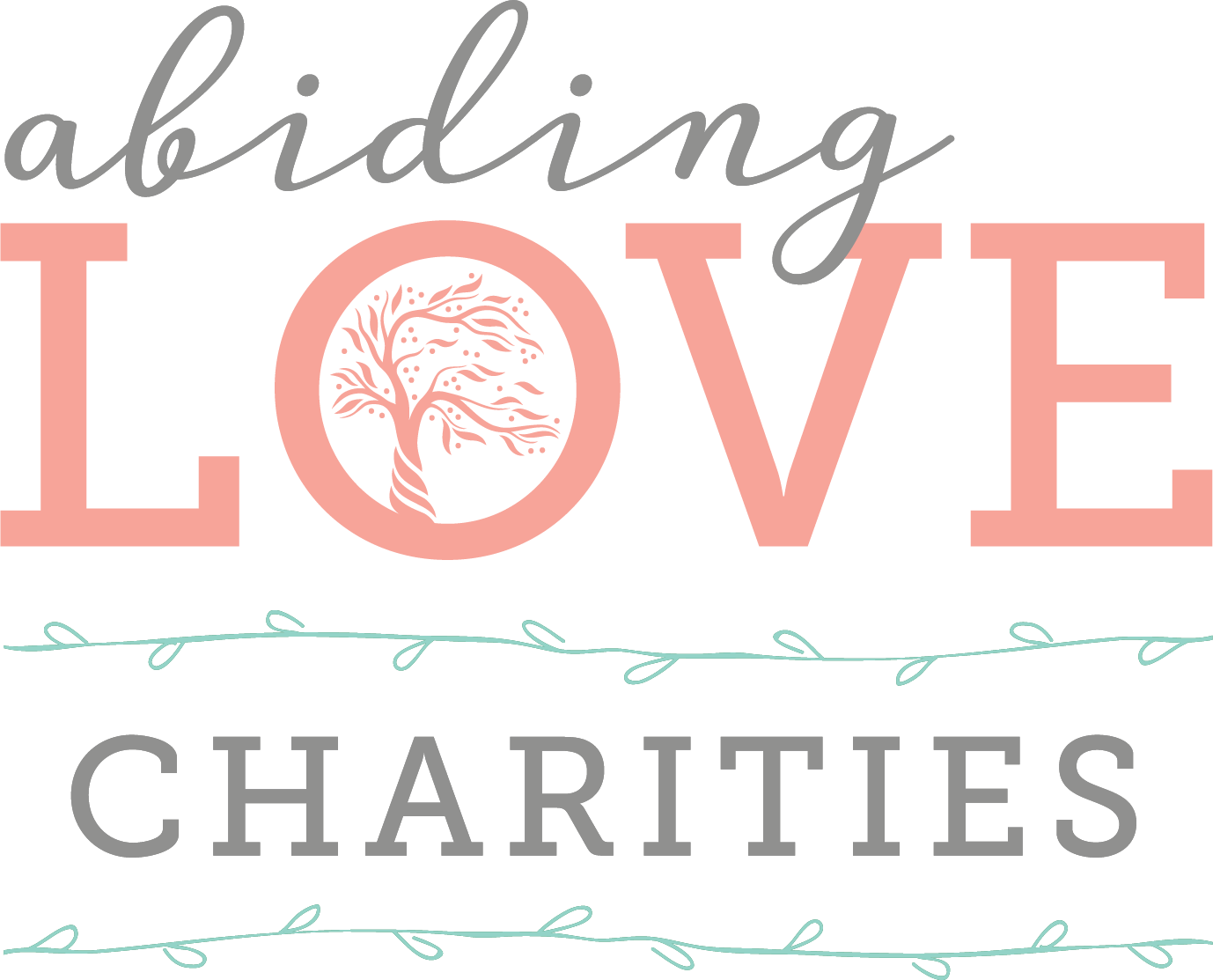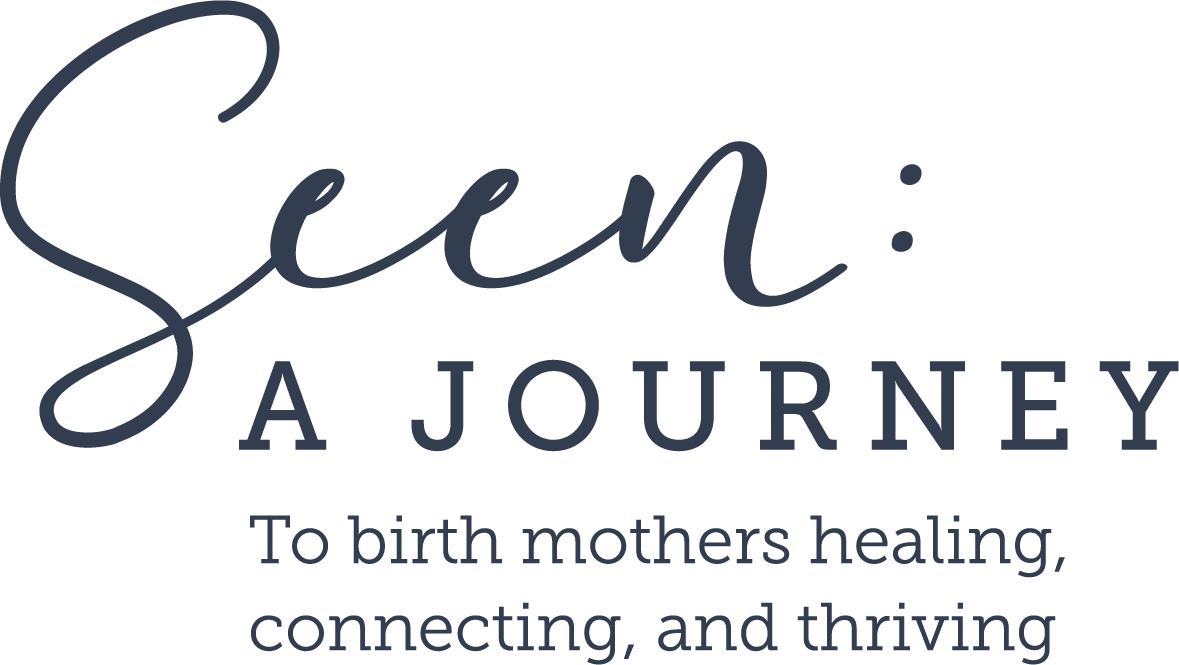Why Not Me? Choosing Perseverance After Placement
For birth mothers, placing a child for adoption is not a decision made lightly. It’s a choice forged in the crucible of desperation, heartbreak, and love all at once. To even consider adoption, a woman has to be in a place where options feel painfully limited, where circumstances force her to think not only about her present reality but about her child’s future. And when the decision is made, when the moment comes to place, it marks the beginning of a new and unfamiliar lifelong journey.
The grieving process after placement can feel never-ending. Maybe that’s because, in some ways, it is. Unlike other forms of loss, this one never has a clean ending. There’s no final goodbye. Instead, the grief repeats itself, resurfacing during milestones we don’t get to share: birthdays, first days of school, graduations, and even the quiet, ordinary moments we imagine our children living without us.
While the acute sting of grief may soften over time, our children are never far from our hearts or minds. Many, if not all, birth mothers think of their child daily, regardless of whether they have an open, strained, or nonexistent relationship with the adoptive family. Even in seasons when contact fades, the connection and thoughts remain constant.
But for the birth mother who feels defeated, who wonders if hope can ever return after placement, it’s important to consider a sobering truth: the life we live after placement still matters to our child.
Even if we never have an independent relationship with our placed children even into adulthood, our existence has a ripple effect. The way we choose to move forward, or the way we let life’s hardships break us, becomes part of the legacy they inherit.
This isn’t about pretending to be perfect. It’s about recognizing that we are still mothers, and our choices still matter.
We can’t change the past. We can’t control everything about the future, but we can control how we respond to the pain of the present.
We can choose to be the best version of ourselves, not only for our own healing but for the children we love from a distance.
We can leave behind a story worth knowing. A story of perseverance, of choosing light over darkness, of refusing to give up even when the world feels unbearable.
And here’s the truth: the good moments, when they do come, are often sweeter for those who have endured deep suffering. People who have never walked through trauma may never fully understand the depth of relief, joy, or triumph that comes after surviving hardship. They might never know how rewarding it feels to look back and say, I made it through.
That’s why instead of asking, Why me?, perhaps we should ask, Why not me? If our story has to hold pain, maybe it can also hold purpose. If we’ve had to endure hardship, maybe we can also be the ones to show others what it looks like to rise from it.
Our experiences can equip us to comfort, guide, and encourage others who find themselves in the depths of grief, loss, or confusion. But that can only happen if we remain tender enough to connect. If we don’t let bitterness or disillusionment harden our hearts. Pain can isolate us, but it can also make us more compassionate if we allow it.
Perseverance doesn’t mean the road ahead will be smooth. It means we’ve decided to keep walking it anyway. It’s not about pretending struggles won’t come, it’s about choosing to get back up every single time they knock us down.
To persevere is to refuse to let adversity shrink us, to reject the lie that we are small, insignificant, or defined only by what we’ve lost. It’s about taking the pain that once threatened to destroy us and turning it into something powerful, something that fuels us.
Our pain can become our passion. It can be the very thing that drives us to show up for others, to speak life into their darkness, and to remind them they are not alone.
The journey after placement is not a straight line toward healing. It’s a winding, uneven path. Some days we walk confidently forward; other days we crawl, exhausted and unsure. But even in those crawling days, movement matters.
Forward is forward, no matter the pace.
For the birth mother reading this who feels she has nothing left to give, please hear this: your story is not over. The chapter you’re in may feel unbearably heavy, but it is not the whole book. One day, the parts of your story that hurt the most may become the parts that help someone else survive their own.
We cannot change the past, but we can shape the future. And in doing so, we leave behind a legacy that our children, whether they ever know us fully or not, can find peace in. A legacy that says: I loved you. I fought for hope. I kept going.
So, when the question comes, Why me?, answer it with courage: Why not me?
Because you are still here.
Because your life still matters.
Because your light is still needed in this world.


